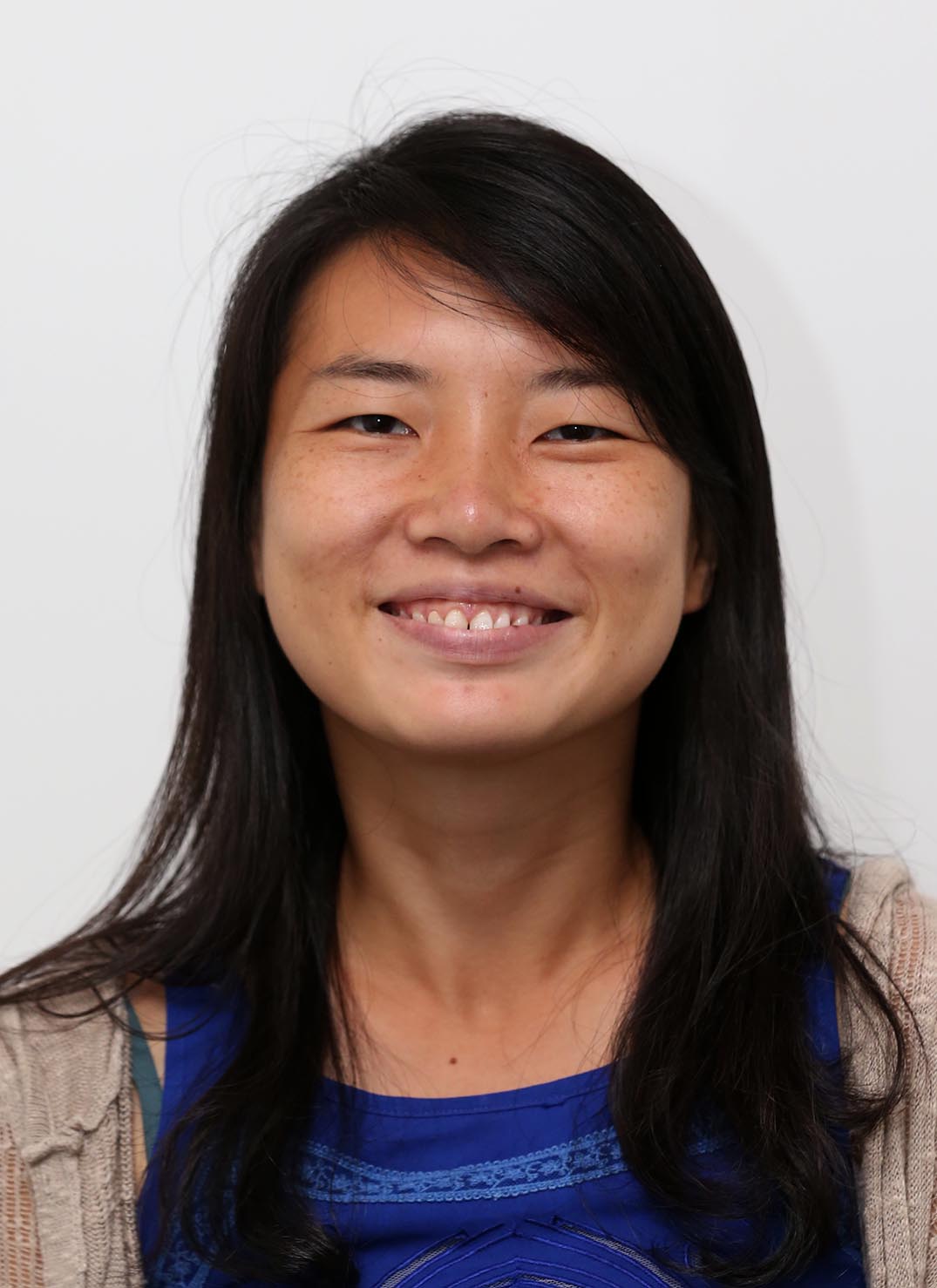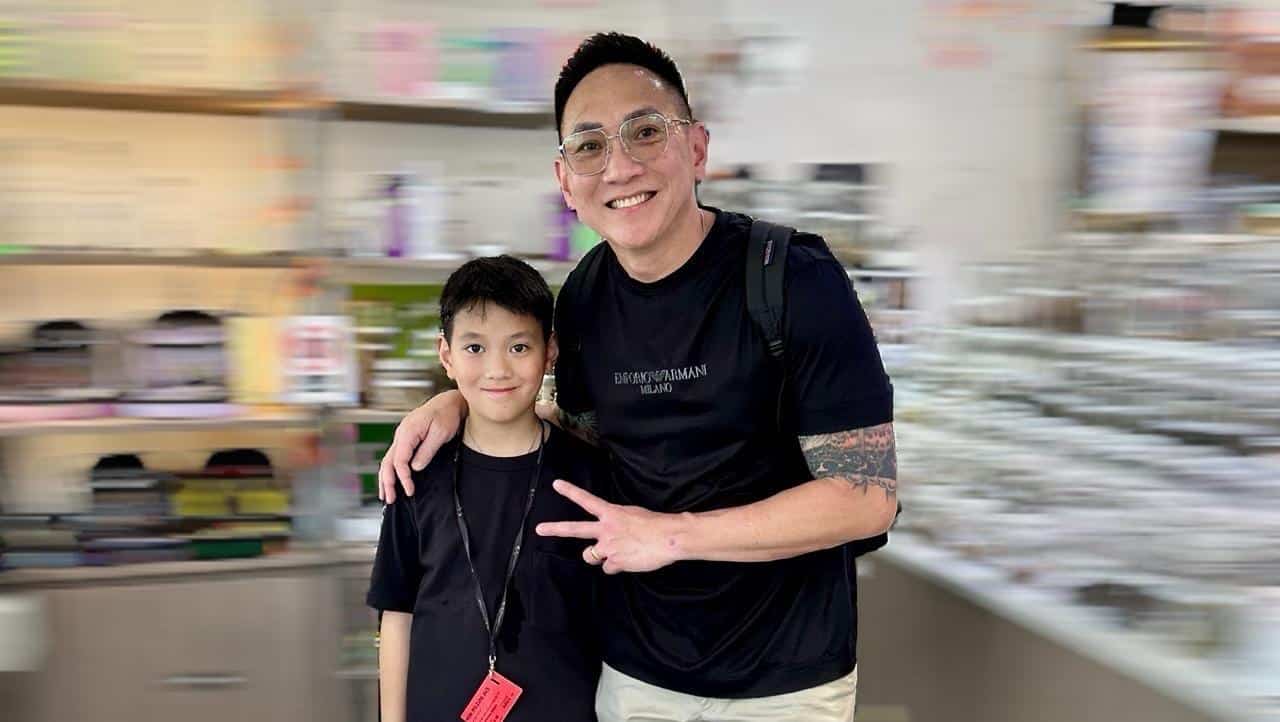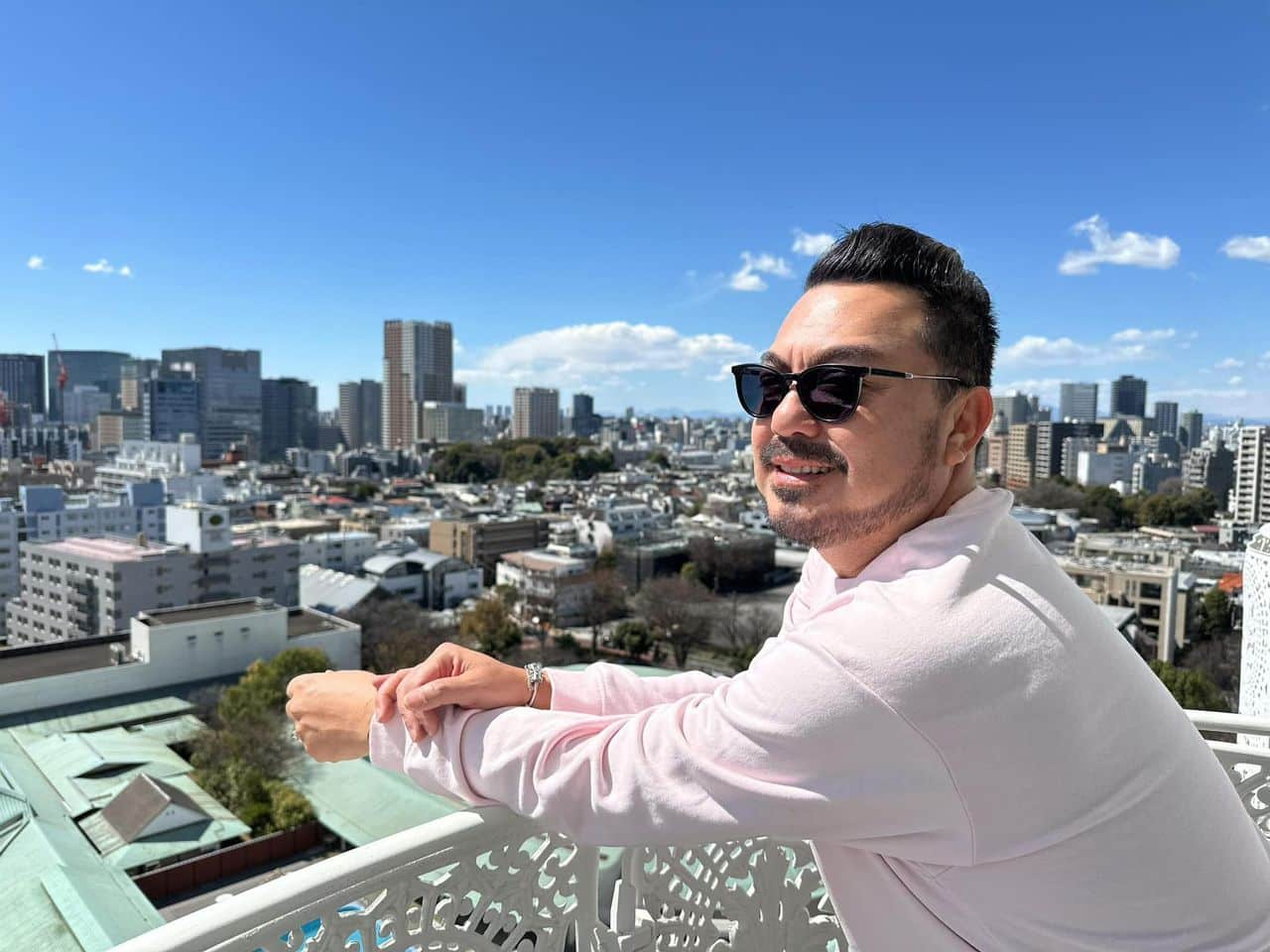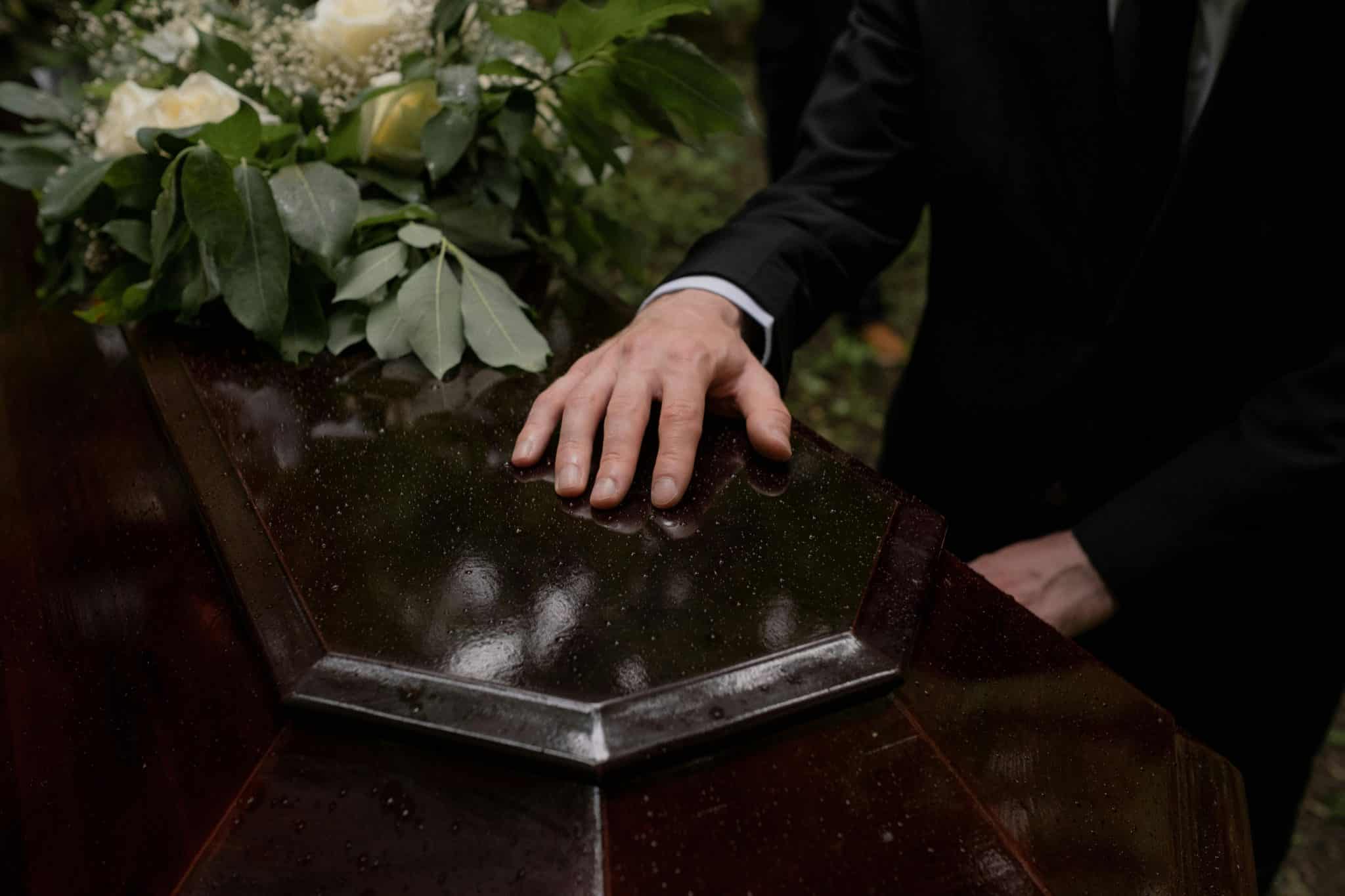“Is the darkness where I’m meant to glow?” Performing arts ministry brings light to inmates
Kelly Ng // May 8, 2019, 5:16 pm
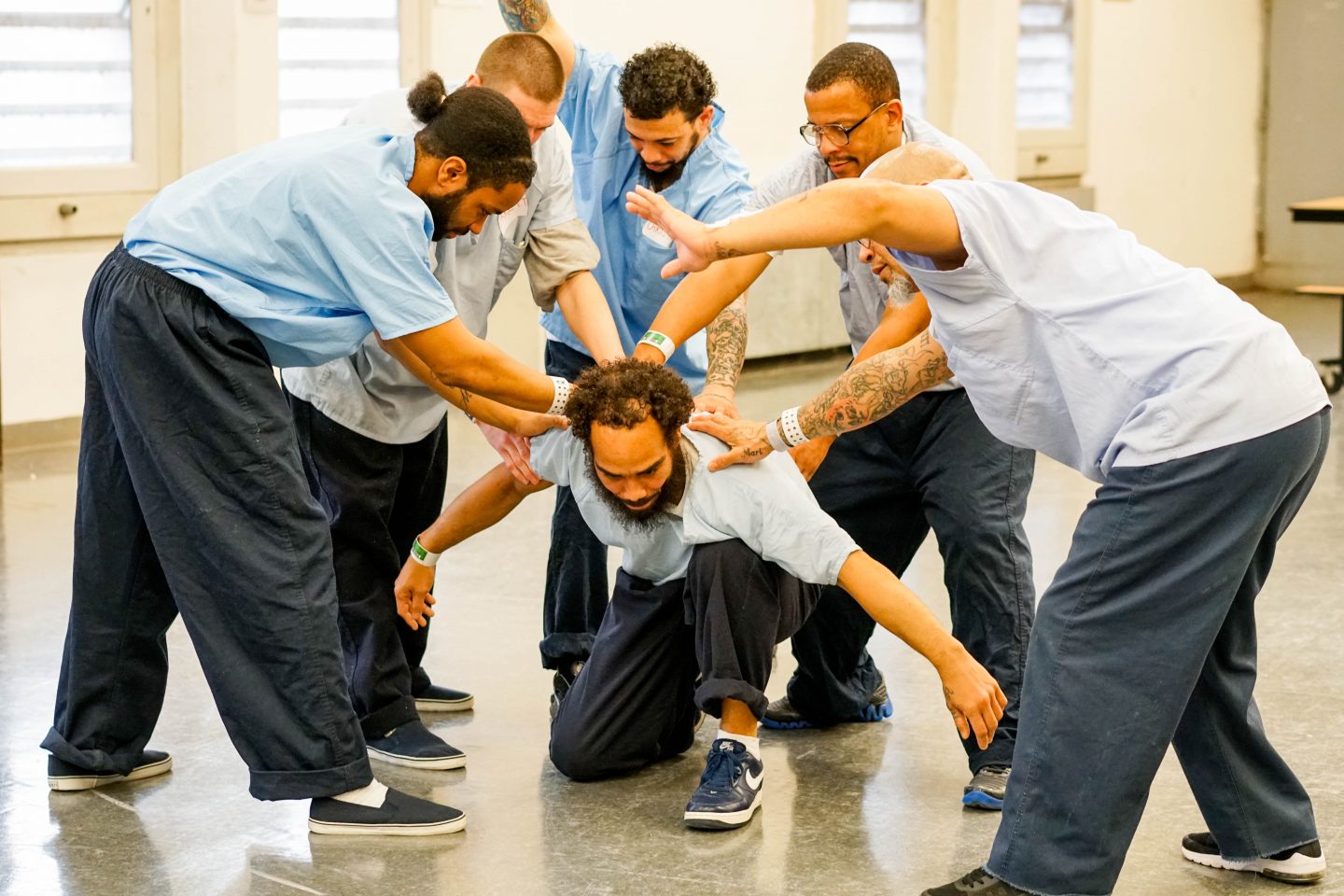
Is the light that shines, the same light you see?
And if it is, then please enlighten me.
Because for the longest, I have been blind to it
Trying to keep focused but can’t find the switch.
Is the darkness where I’m meant to glow?
If it is, then please let me know.
Rain down on your seeds so I can grow
Where the light shines for me, only the Lord knows.
These words were penned by an inmate named Angel at the Philadelphia detention centre, which was turned into a rather vibrant space over two weeks in February as part of a performing arts workshop by Shining Light Ministries.
Led by professional artistes, over 30 men confronted their fears, opened up about their past, and shared their greatest hopes through one of four art forms: Song, dance, theatre and poetry.
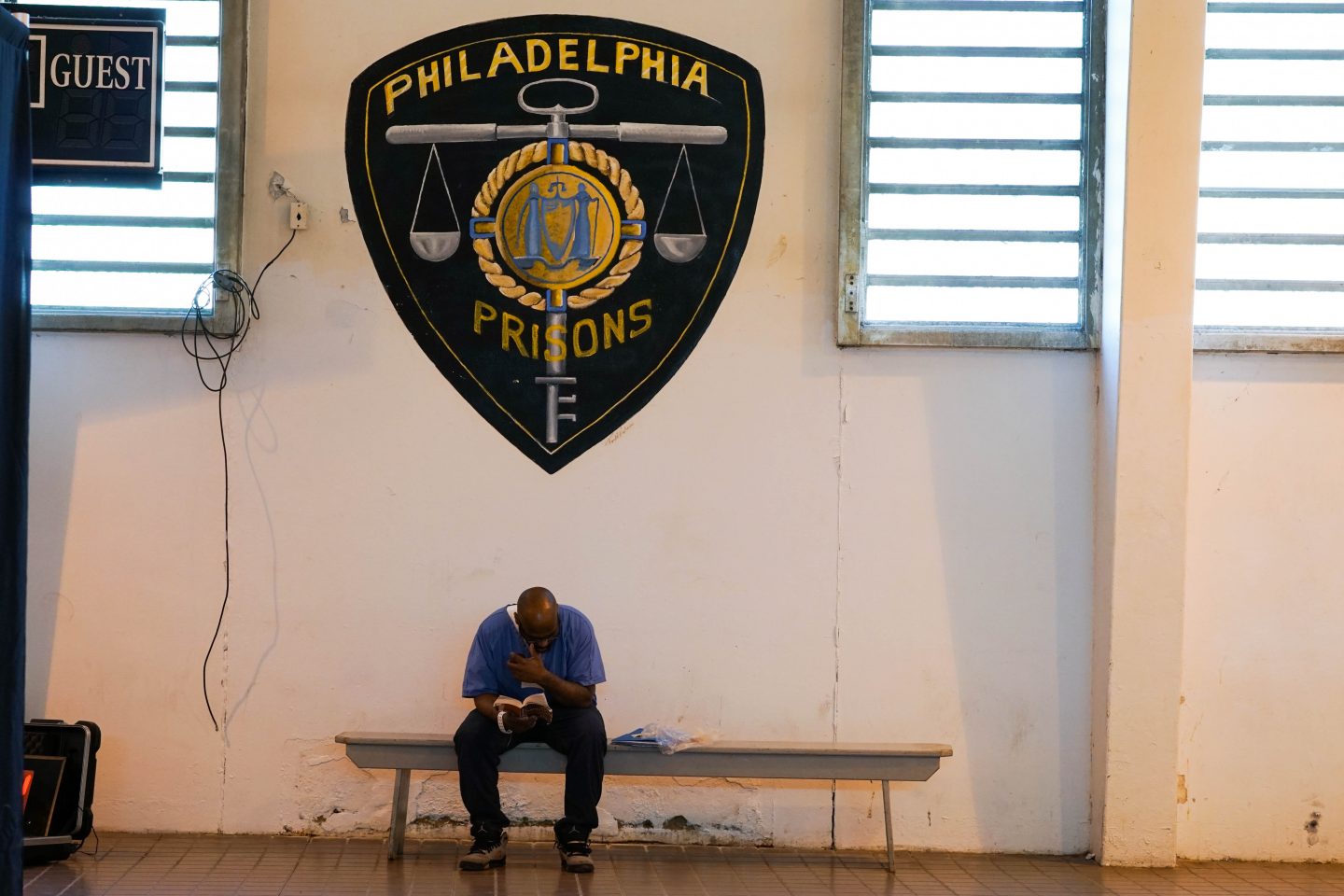
“When I started Shining Light, I had pretty stereotypical perceptions of people from poverty, minorities,” admitted Jeffrey Bohn, executive director and founder of Shining Light. “As I have gotten to know these people, I have come to understand that many of them have had difficult lives.”
Because of school commitments earlier in the week, I joined the team for the first time on Thursday, day four of the workshop.
I remember being greeted by security scanners, cheerless hallways and stern-looking wardens as I entered the facility.
Then I turned the corner into the basketball court-cum-gymnasium – where the workshop was held – and stepped into another world.
Freedom and fraternity
As they streamed into the gym, the men were energetic, greeting one another and the facilitators. Each of them had opened up to various extents by then. Many warmly invited me to sit and chat.
And then it happened again on Friday, and the next week … except the sense of fraternity grew stronger.
Things are not always this way when they are cramped up in their cells, and the walls go back up again, said Kevin, one of the men.
“Everybody wants other people to think that they are really strong, really tough. Here, you are able to let those walls down.”
“In the housing unit, it’s really important to be tough. Like, everybody wants other people to think that they are really strong, really tough. And down here, you are able to let those walls down. You are actually able to be you.”
Because the workshop focuses on the men’s own stories, the process of creating their art allows them to be vulnerable with one another and share a part of them that others may not already know.
The theatre script, for instance, recalls specific team members’ accounts of dealing and consuming drugs, being abandoned by parents, and losing their loved ones at a young age to drug addiction. These are accounts that many amongst them can identify with.
Most of the men we worked with were jailed for drug-related offences. Will, who overdosed up to 16 times in a month, said his current incarceration was of his own volition – he robbed a bank because he wanted to be arrested and thrown into jail, to curb his drug addiction.
Many of them have repeatedly passed through the “revolving door” – each of them has been jailed or imprisoned an average of eight times.
These shared experiences, though sombre, also helped forge a sense of community.
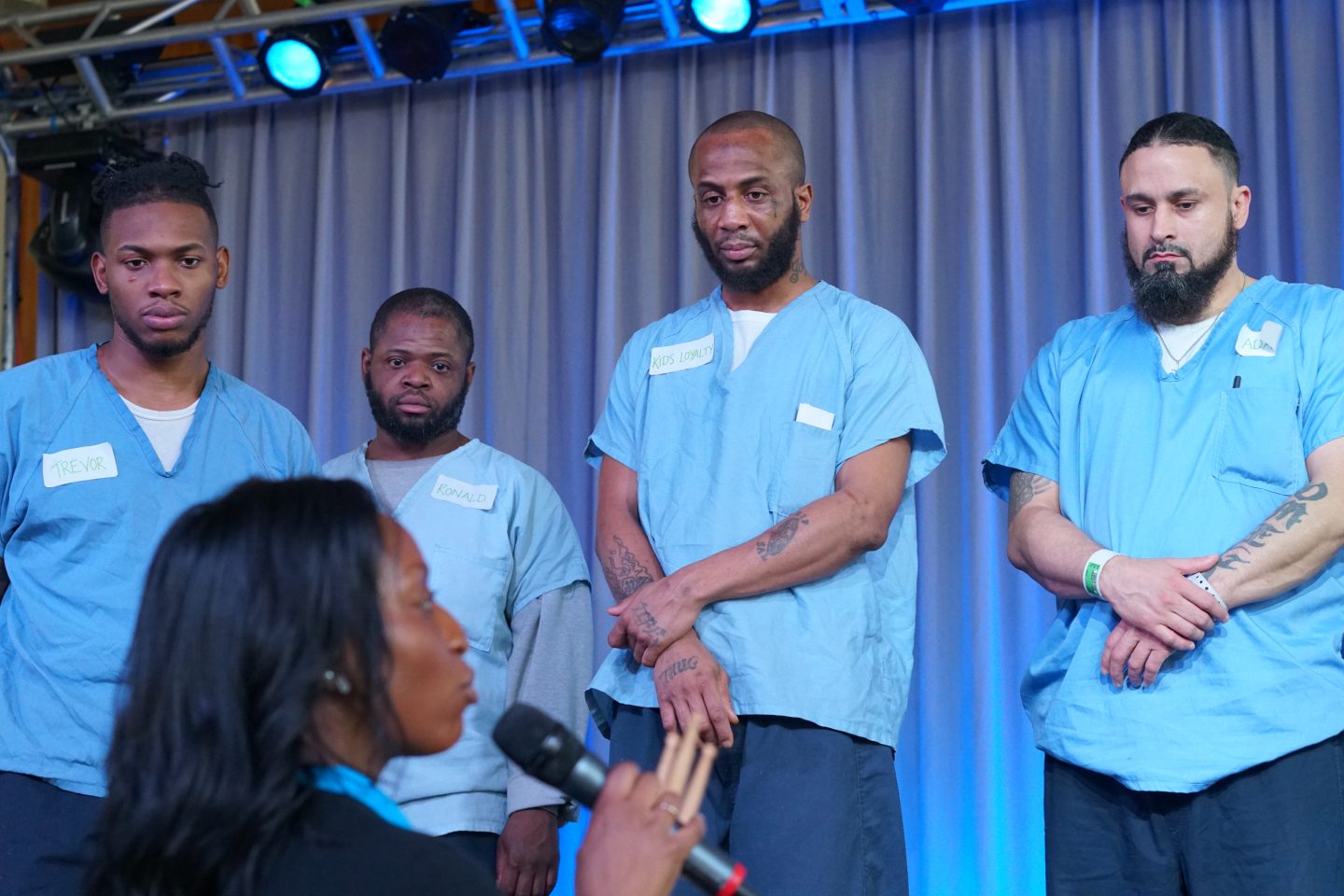
Many in the prison system have repeatedly passed through the “revolving door” – each of them has been jailed or imprisoned an average of eight times.
“I didn’t know any of these guys but I’ve learnt to love you all. We overcame some epic obstacles,” said Ron, who was jailed for drug-related offences. “If I had the chance to do it again, I’d pick the same team, do it the same way. I won’t change nothing.”
I witnessed a deep sense of brotherly love which God has called us to, and was welcomed to be a part of it. Amidst barbed wire and prison garb.
Purpose and privilege
The psalmist writes: “I praise you, for I am fearfully and wonderfully made. Wonderful are your works; my soul knows it very well.”
Instead, many of these men cry: “I wonder, what is my purpose? If God were real, why wouldn’t He talk to me?”
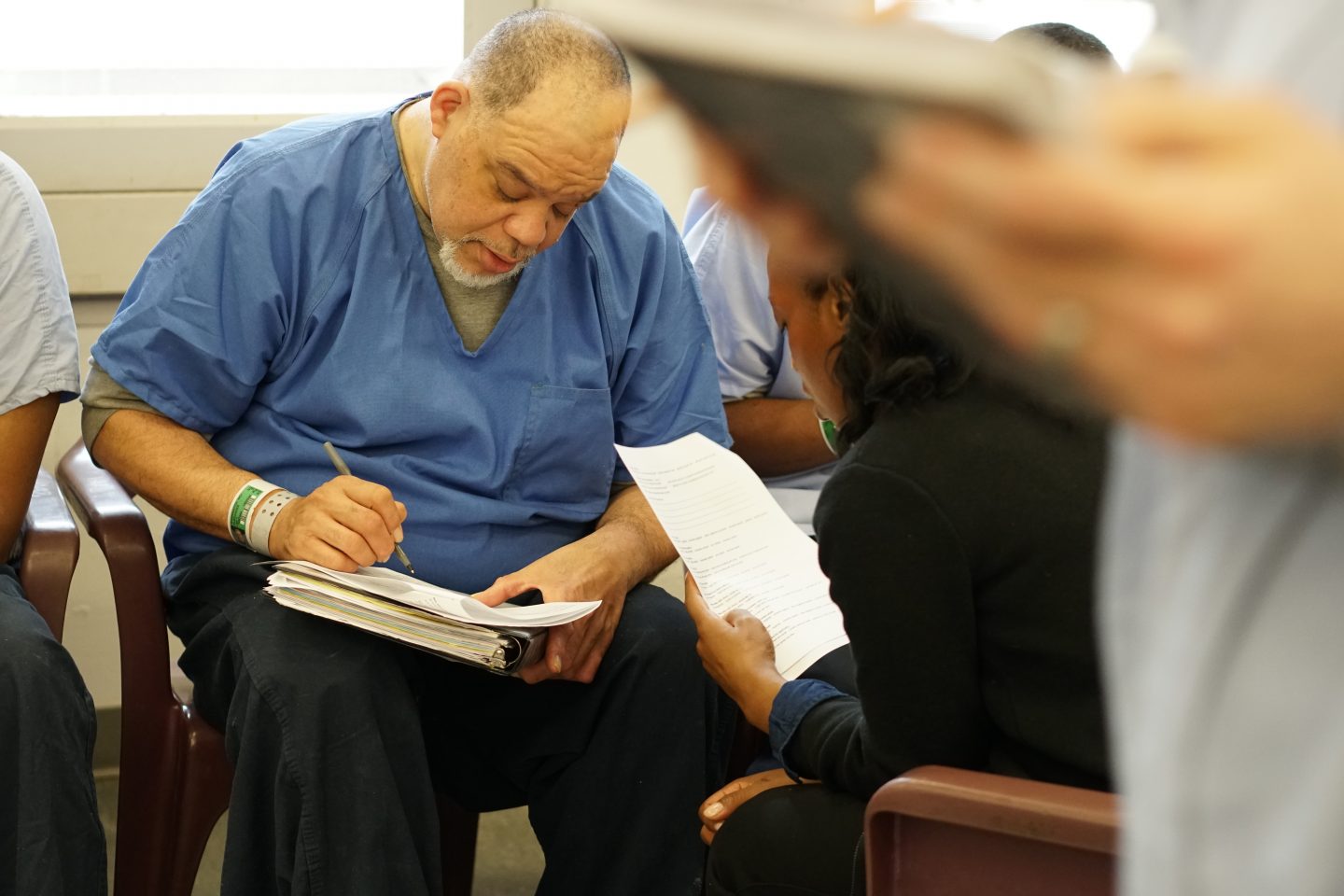
The United States has a recidivism rate of 70% and Shining Light is trying to do its part in shutting the “revolving door” of incarceration.
I cannot help but feel disturbed by the discrepancy. Unlike the men, many of whom are still waiting for a trial date, I get to leave the jail when the clock strikes seven each evening, and return to an air-conditioned room with a comfortable bed.
“Many of them had such difficult lives … if I had that, I would very likely be in their shoes today.”
I may not have committed a crime in the eyes of the law, but in the eyes of God, I am filthy with sin, as these men are. Yet we all are fearfully and wonderfully made, and similarly saved by grace.
But I can see how it might be challenging for the men – being in such a dark place physically, mentally and spiritually – to understand that.
Jeffrey Bohn, executive director and founder of Shining Light, spoke at length – to me in an interview, and multiple times while addressing the men – about systemic injustices that may have fuelled the offending ways of some of the men.
“When I started this, I was a businessman in central Pennsylvania, and had pretty stereotypical perceptions of people from poverty, minorities in particular. Pull yourselves up by your bootstraps. There is plenty of opportunity in America, you just have to want to take it. And that’s your choice,” he said.
“But as I have gotten to know these people, I have come to understand they are human beings just like me. Many of them have had such difficult lives that I look at them and say, if I had that, I would very likely be in their shoes today.”
Beacons of light
But Bohn is not content for the men to wallow in self-pity. He urges them to do their best in the show – the workshop culminates in two performances for officials, family, friends and those incarcerated – so that fellow inmates in the audience can be encouraged.
Beneath its facade of a cosmopolitan city, Singapore has many individuals hanging on for the light at the end of the tunnel.
“Let them see that if you can do these things you never thought you could or would, so can they,” he said.
In the United States, 630,000 men and women are released from prison each year. Within five years, half of them are back behind those walls.
The country has a recidivism rate of 70% and Shining Light is trying to do its part in shutting the “revolving door” of incarceration.
In Singapore, recidivism for the 2015 cohort of inmates was 25.9%, remarkably lower than in the US.
Beneath its facade of a cosmopolitan city, however, Singapore has many individuals and communities at the fringes hanging on for the light at the end of the tunnel.
For us who have the resources – which probably would be most of us reading this on our smartphones on our way to school or work – how are we stewarding these gifts?
Are we blind to the dark places for which we can be a beacon of light?
Angel, whose poem I quoted at the beginning, says he is blind to light. Are we, however, blind to the dark places for which we can be a beacon of light?
Many of them are right at our doorstep.
Have you asked your domestic helper what her dreams are? Do you know the men who clean the common corridors by name and have you ever said “thank you”?
Is there someone you could have invited to a meal during a festive occasion, who might not have an opportunity to celebrate it otherwise? Are there people at your workplace or school who might need help with the English language?
Is there not a nursing home or daycare centre right by the road you live, which houses seniors who crave company? Have you heard about the migrant workers who are often abused because they are not fluent enough in English to understand their rights?
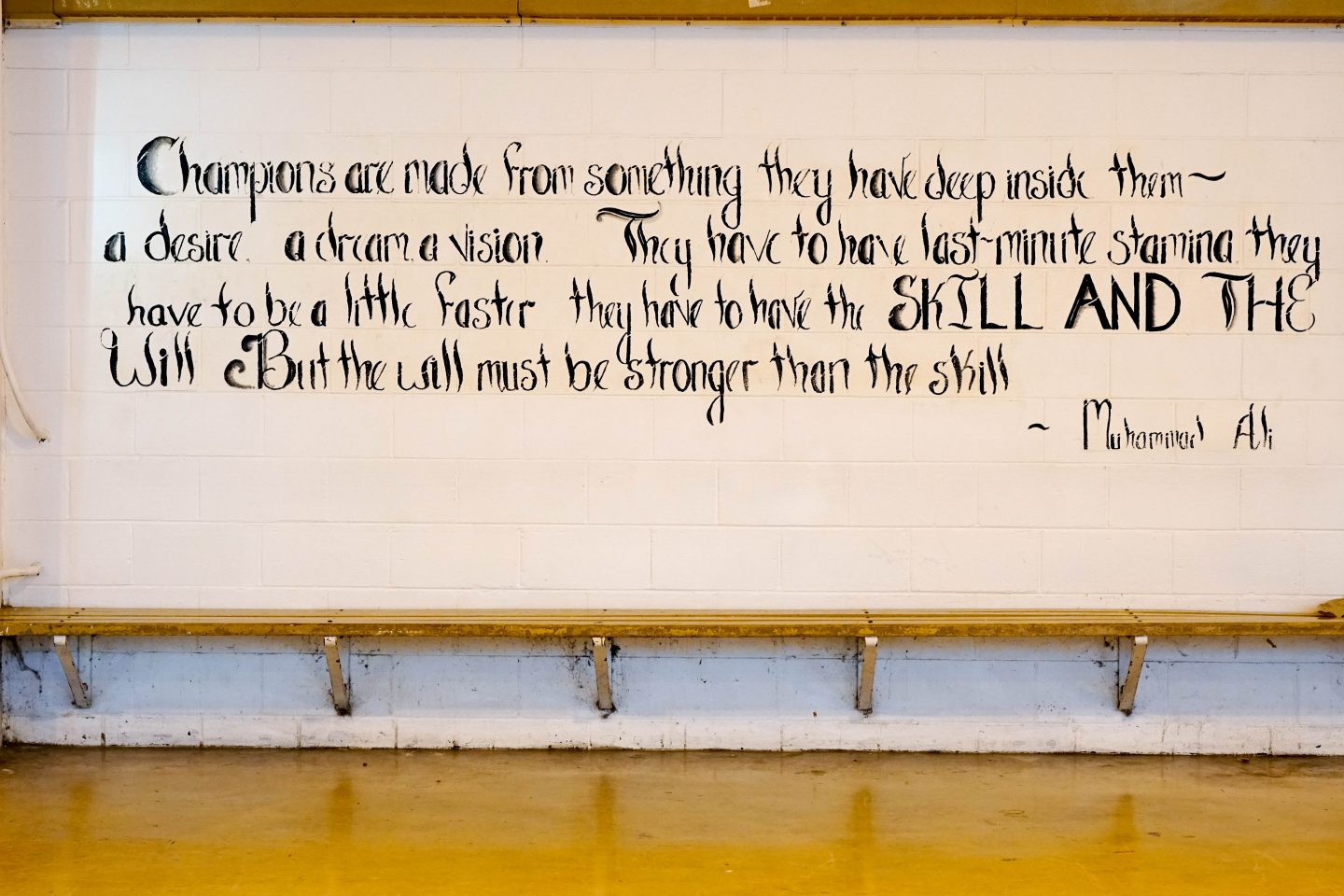
Jesus pursued us when we had our backs turned to Him, just as He is pursuing each of these men too.
I pray that we will always uphold the call to love, especially people in dark places.
Hebrews 13:3 exhorts: “Remember those who are in prison as though you were together with them.”
Because Jesus never discriminated.
He pursued us when we had our backs turned to Him, just as He is pursuing each of these men too.
Let us trust that the hearts within these fenced-up walls that have not already turned toward God, will do so in good time, because He makes all things beautiful in His time (Ecclesiastes 3:11).
And in the meantime, let us never stop loving, forgiving and shining a light in dark places.
We are an independent, non-profit organisation that relies on the generosity of our readers, such as yourself, to continue serving the kingdom. Every dollar donated goes directly back into our editorial coverage.
Would you consider partnering with us in our kingdom work by supporting us financially, either as a one-off donation, or a recurring pledge?
Support Salt&Light